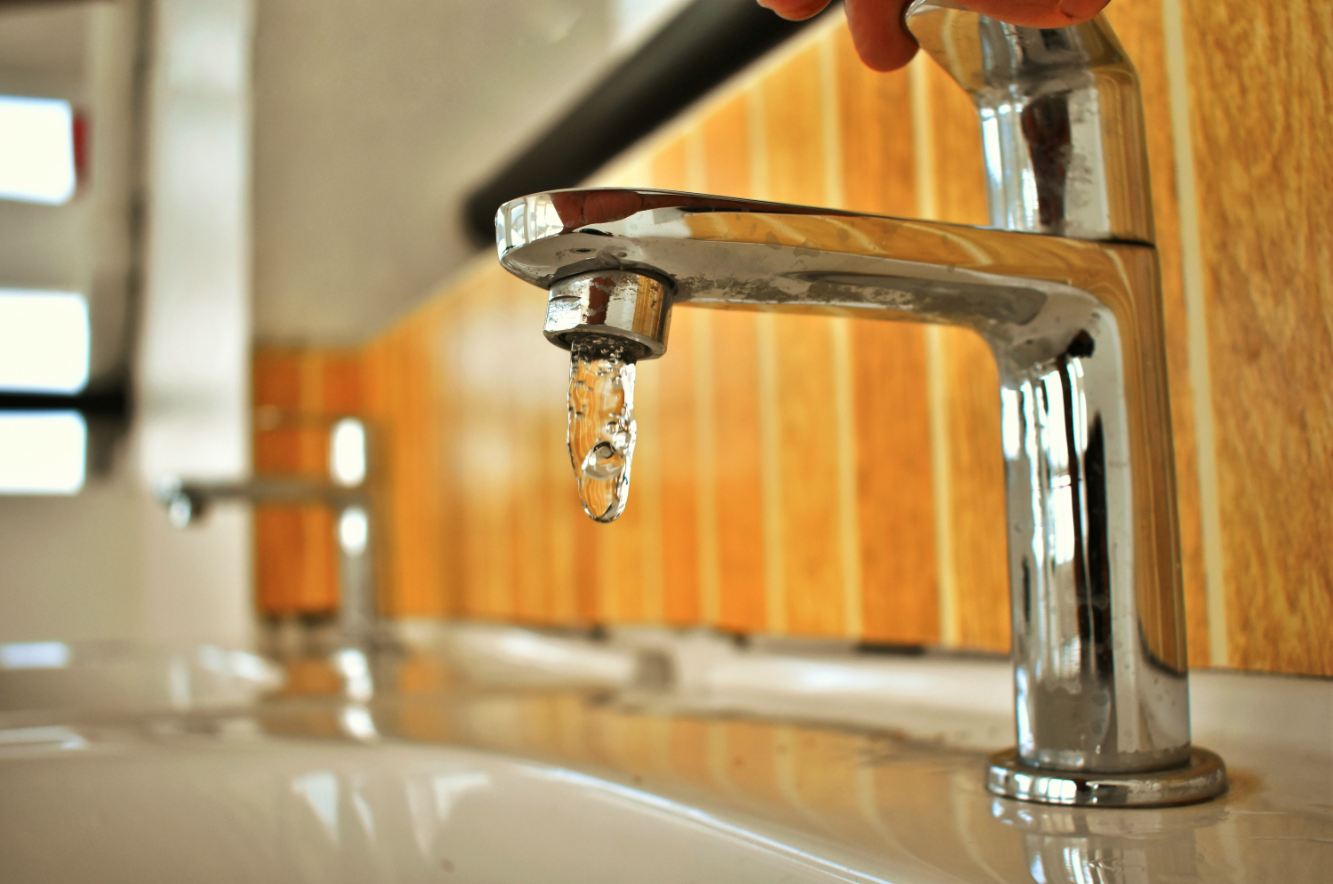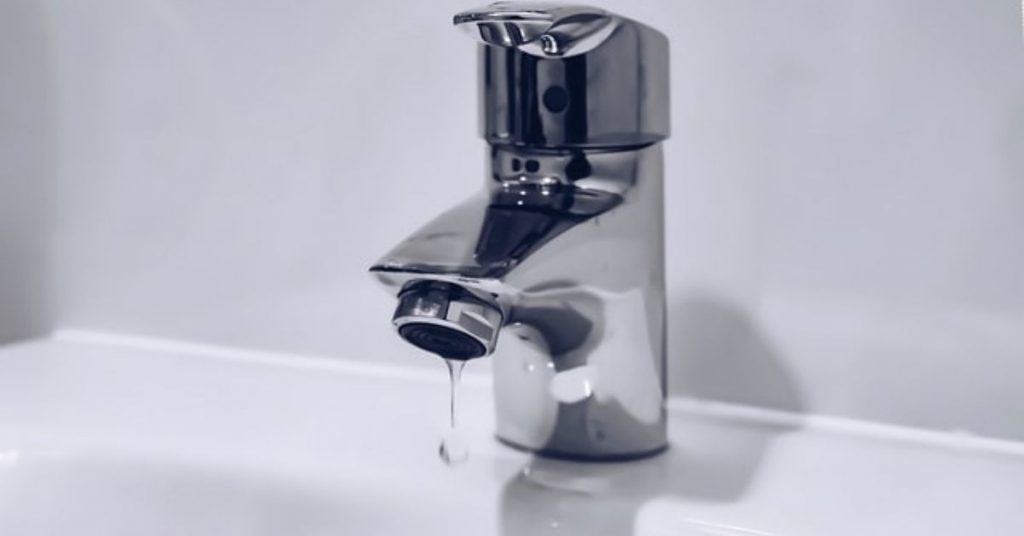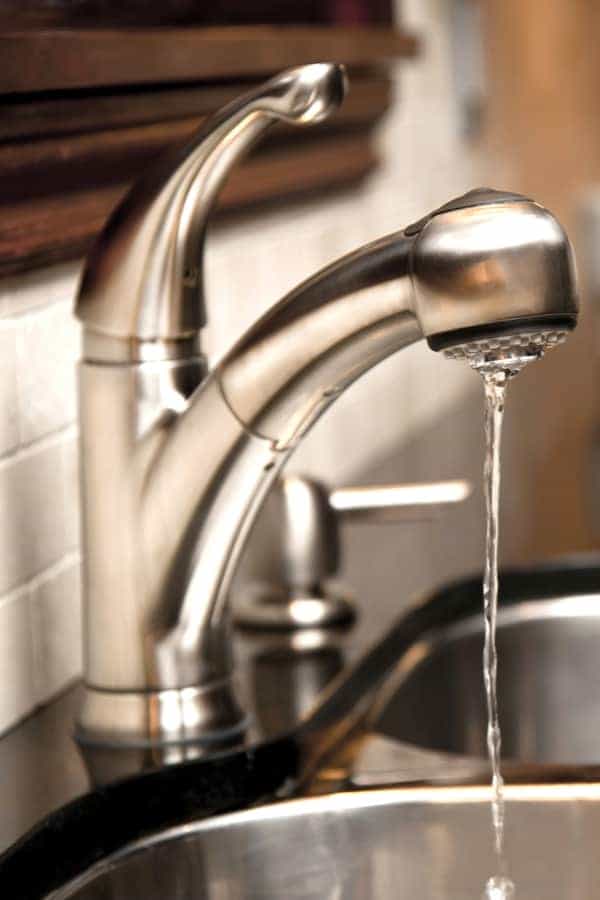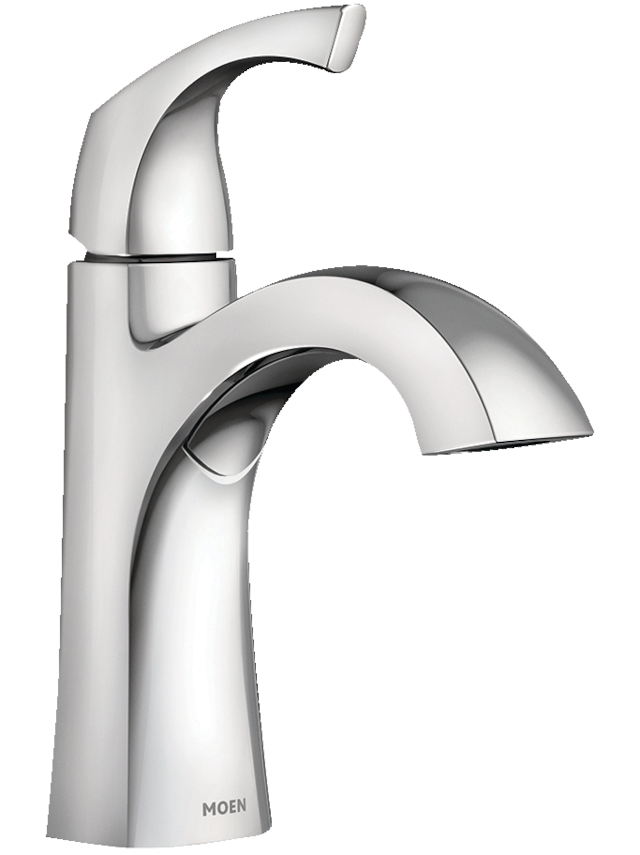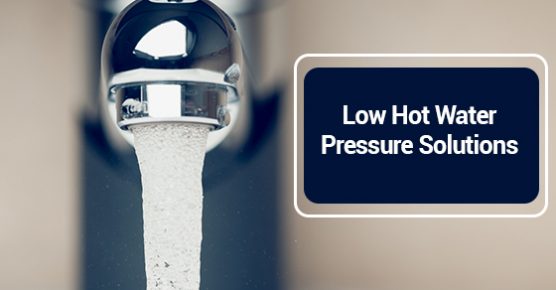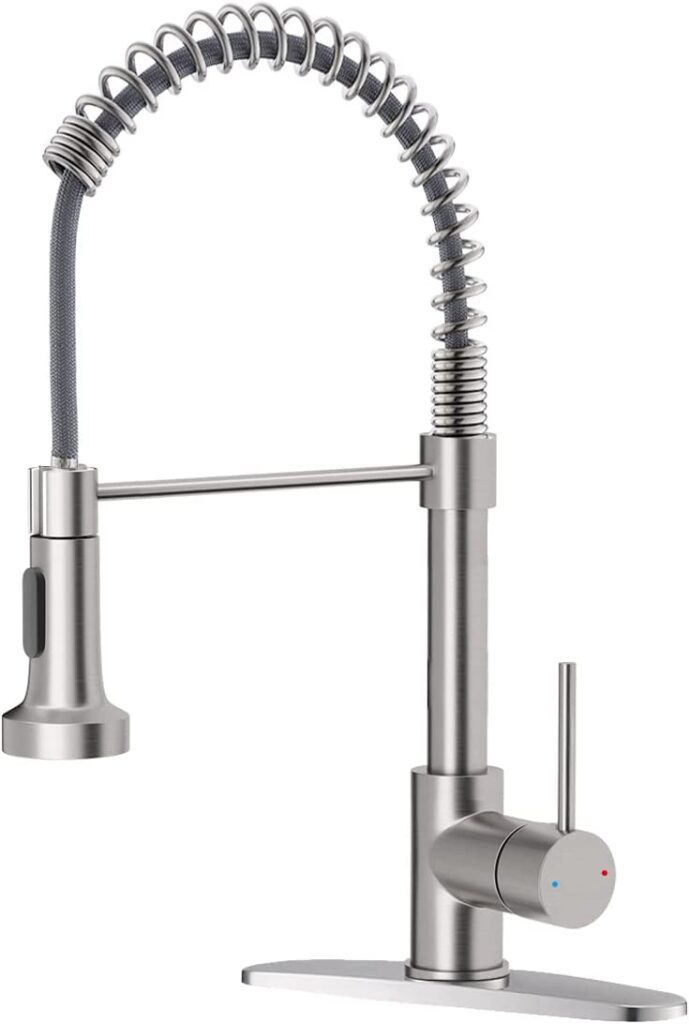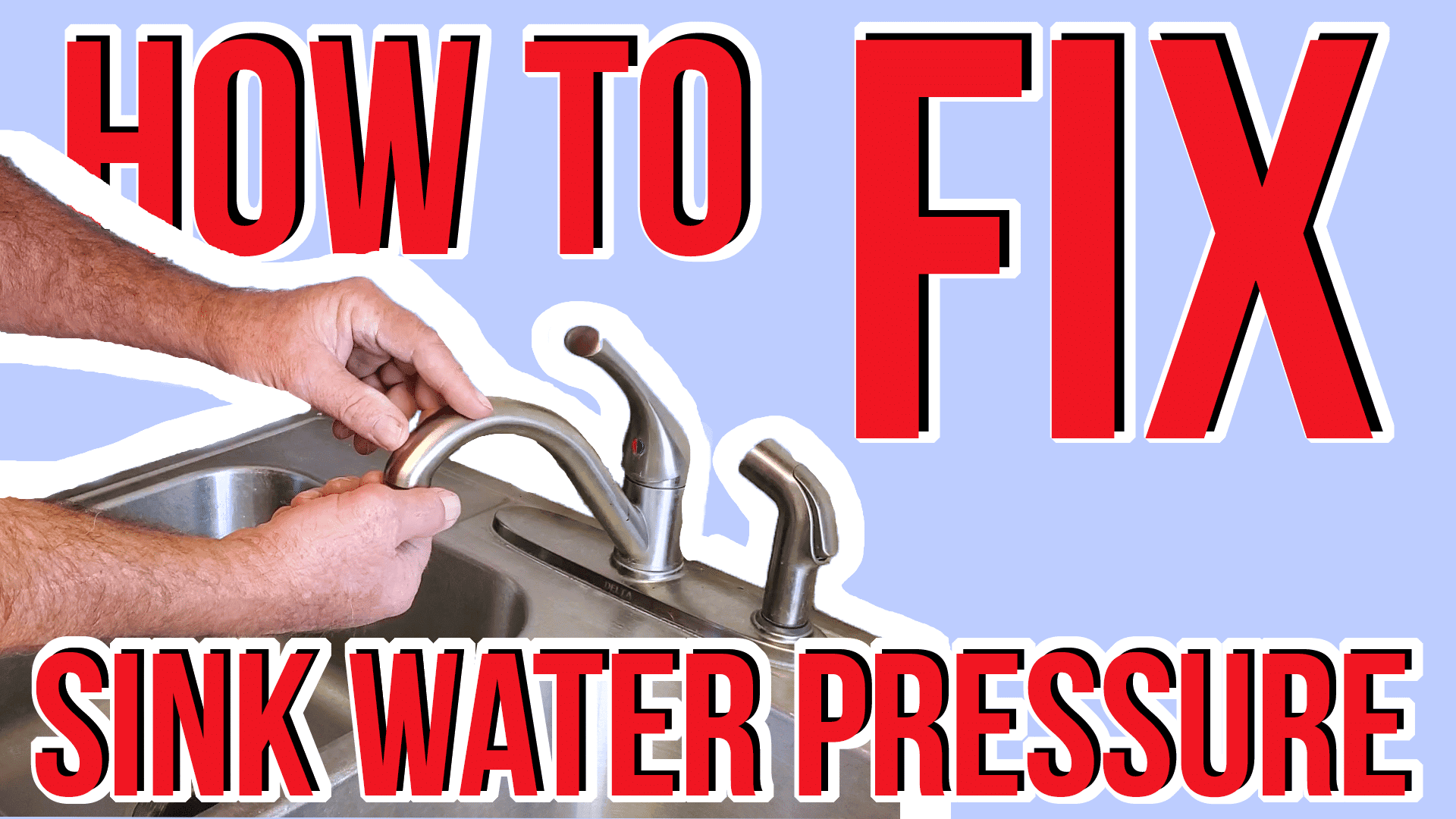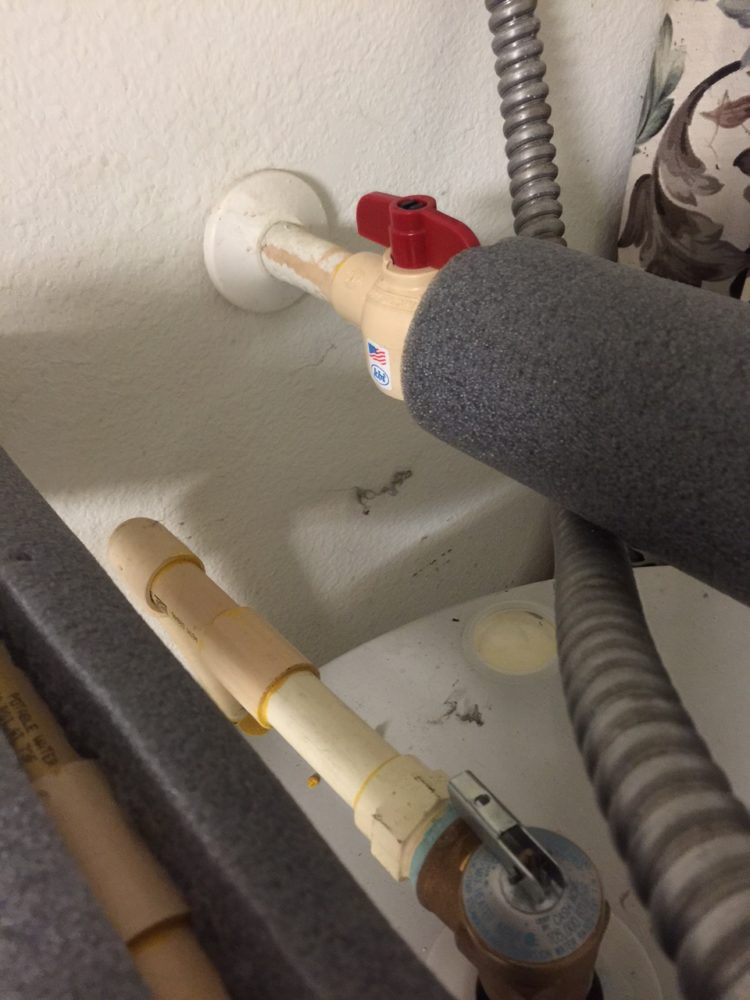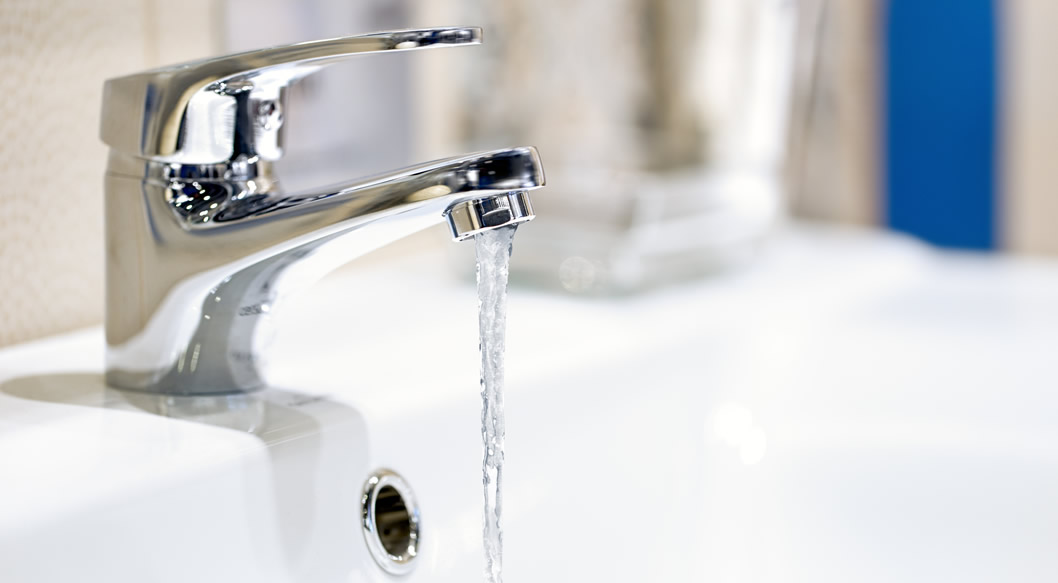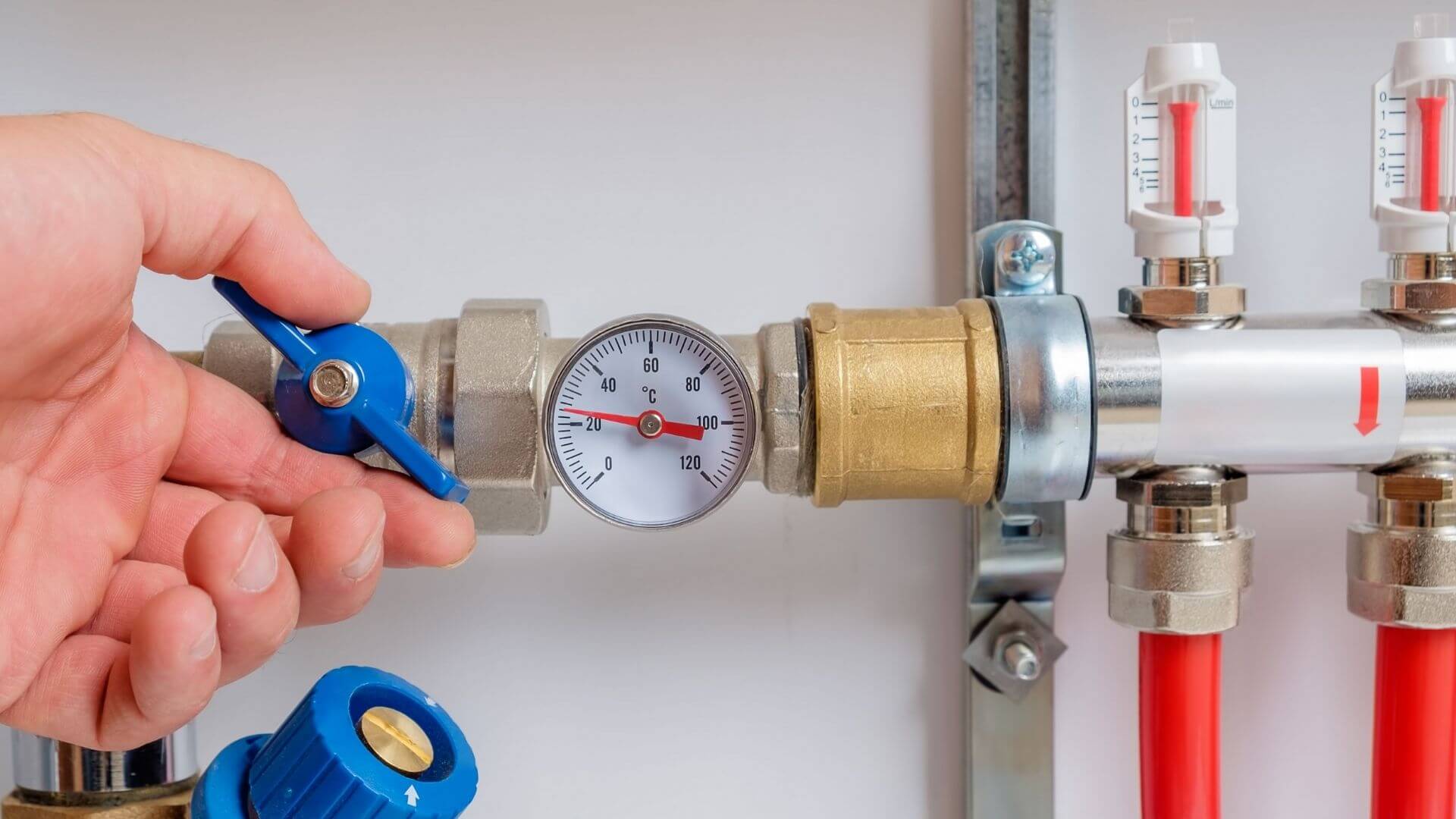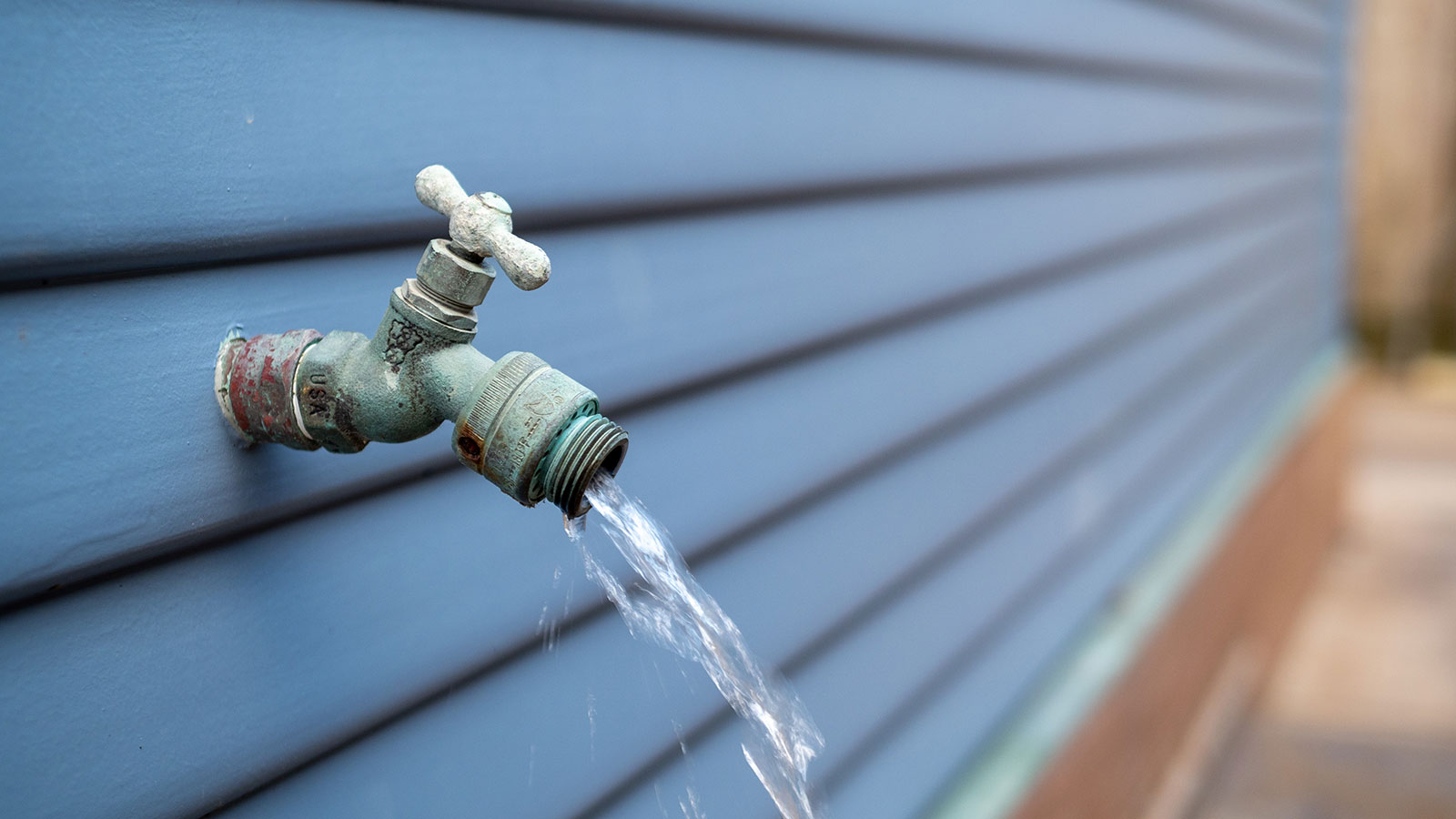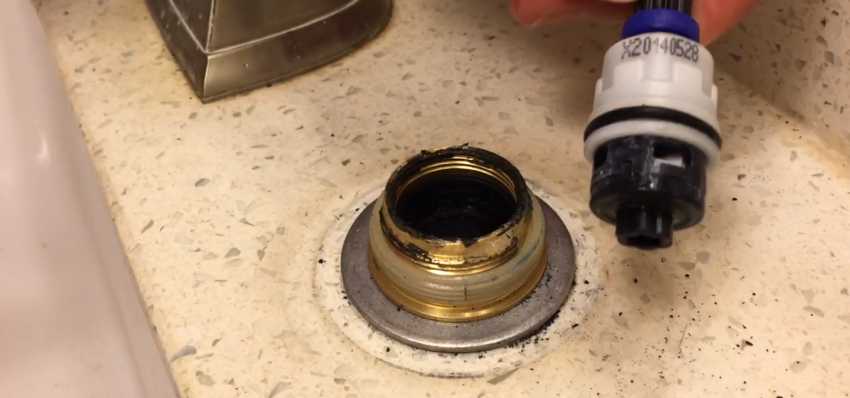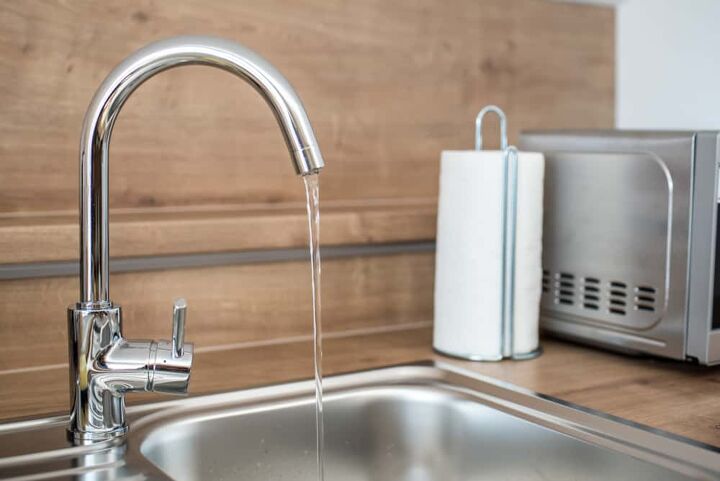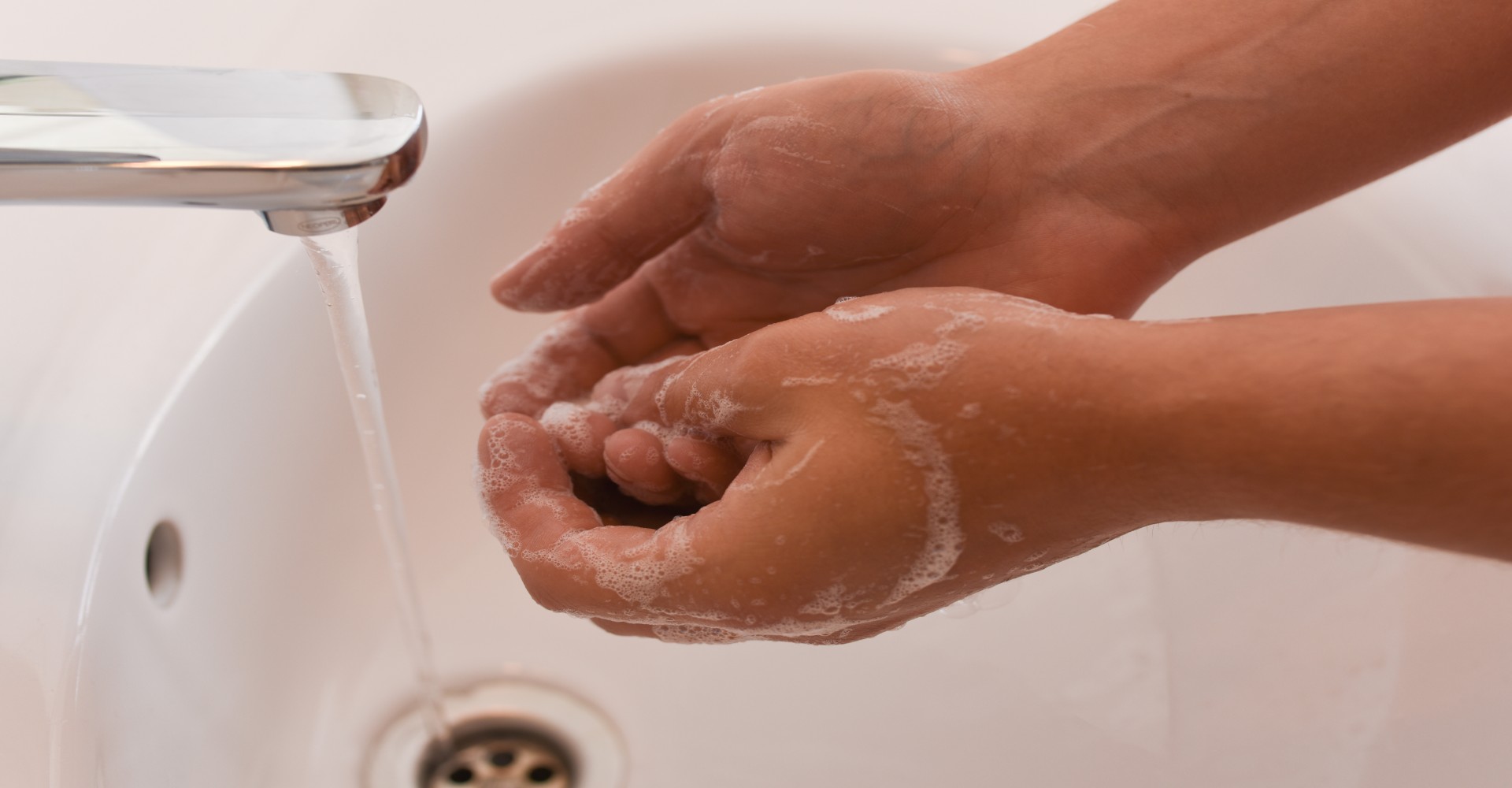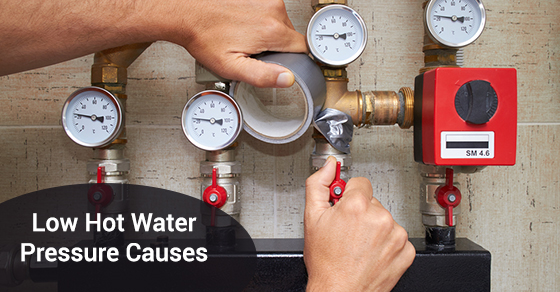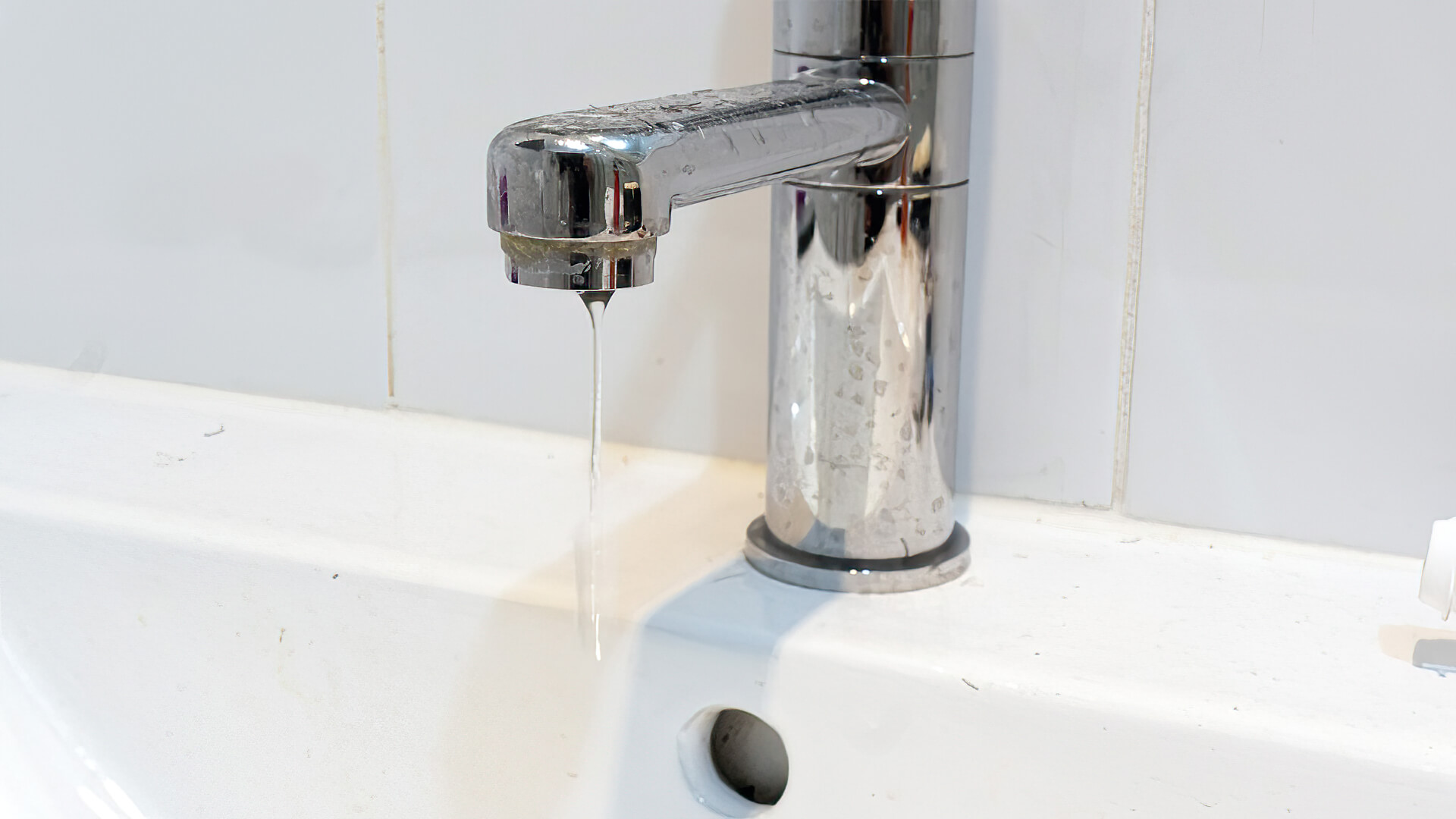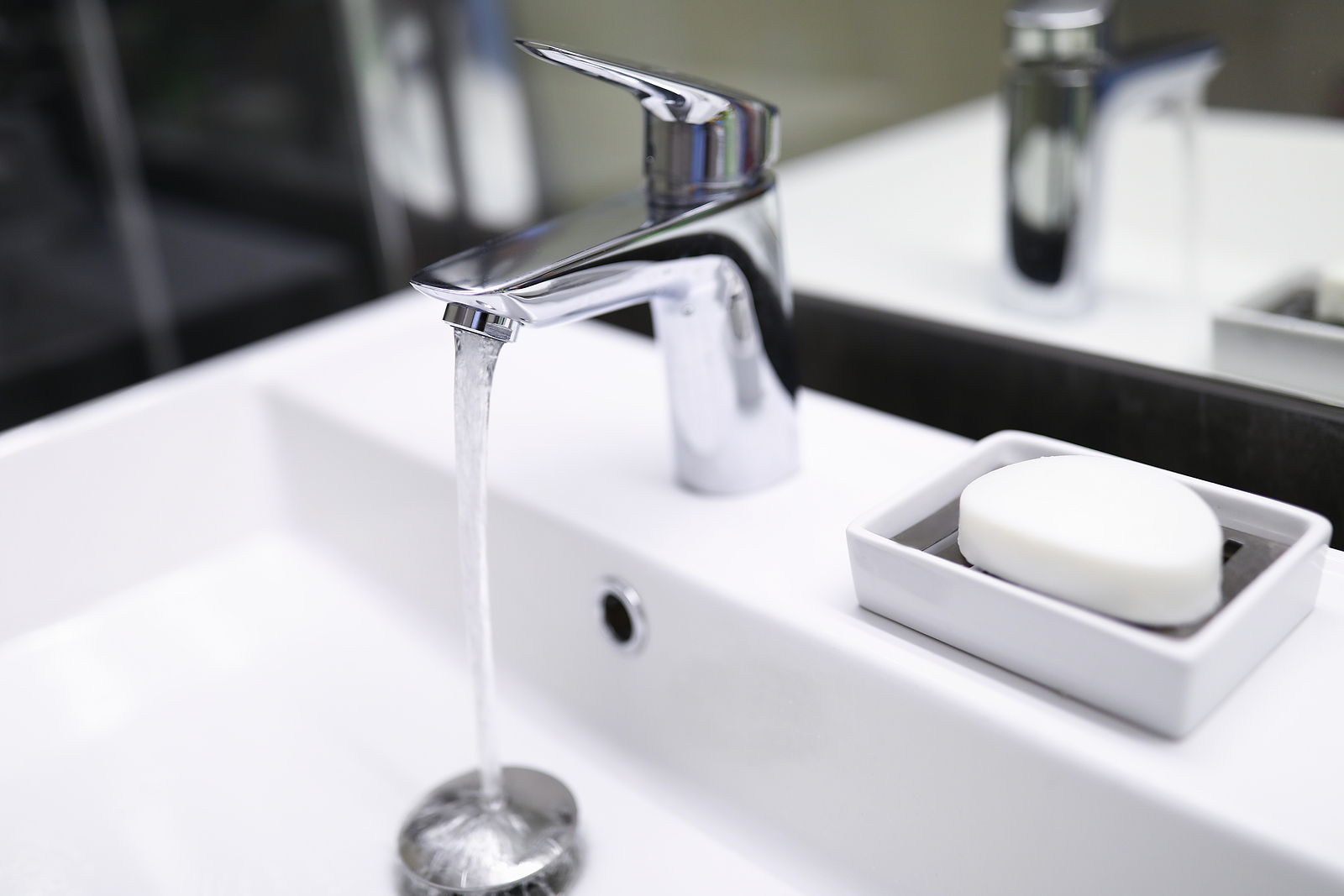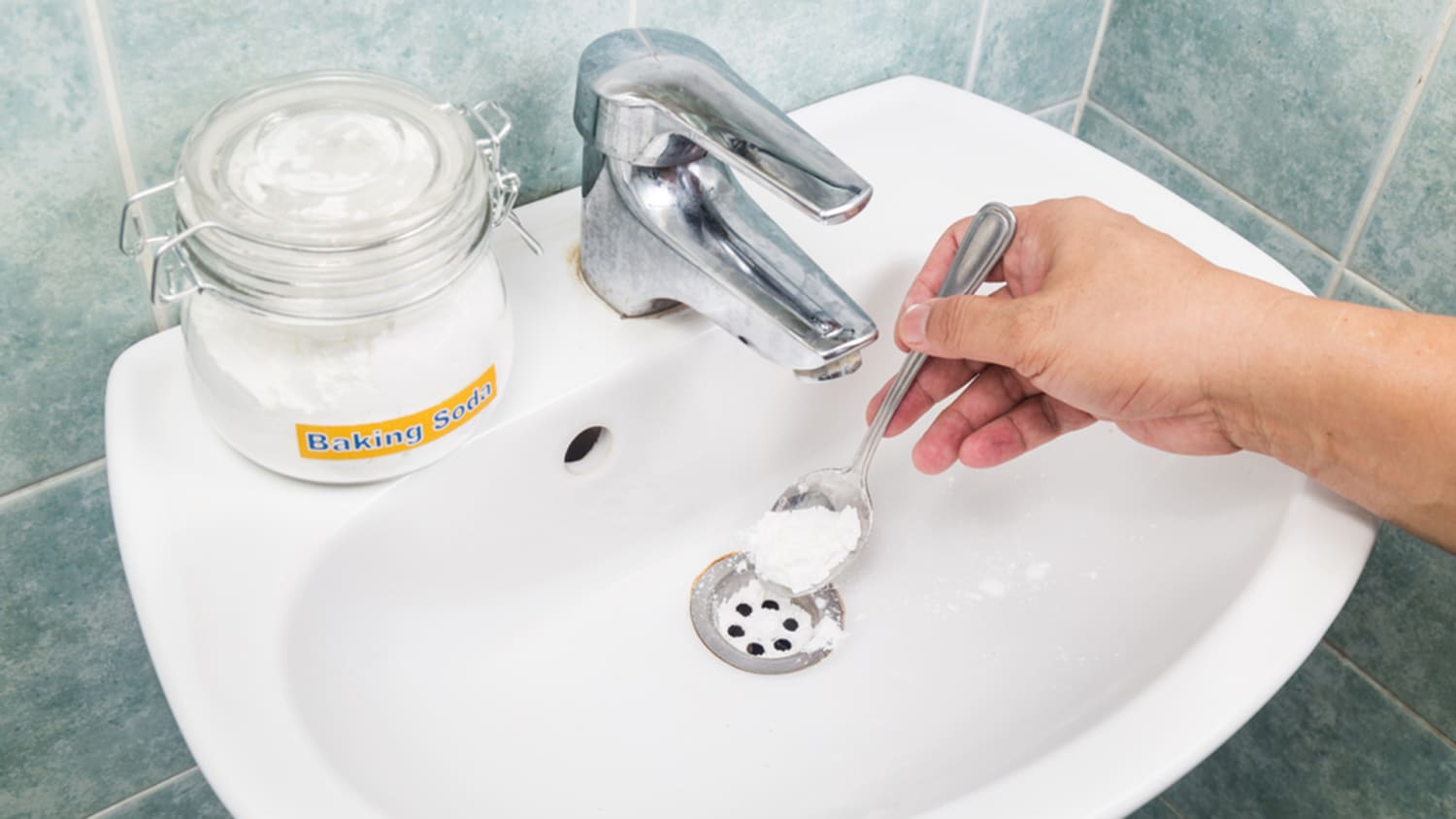Why is the hot water pressure low in my bathroom sink faucet?
If you've noticed that the hot water pressure in your bathroom sink faucet is not as strong as it used to be, you're not alone. Many homeowners experience this issue, and it can be quite frustrating. There are a few different reasons why this may be happening, and we'll dive into them in this article.
1. Clogged aerator
One of the most common reasons for low hot water pressure in a bathroom sink faucet is a clogged aerator. The aerator is a small mesh screen located at the end of the faucet. It helps to regulate the water flow and aerate the water, making it feel softer. Over time, mineral deposits and debris can build up in the aerator, causing the flow of water to be restricted. This can result in low pressure.
Pro tip: Cleaning or replacing the aerator can often solve this issue.
2. Faulty hot water valve
If you've ruled out a clogged aerator as the cause of your low hot water pressure, the next thing to check is the hot water valve. This valve controls the flow of hot water to your faucet. If it is not fully open or is faulty, it can result in a decrease in hot water pressure. You may need to replace the valve to restore proper pressure.
3. Corroded pipes
Over time, the pipes in your plumbing system can become corroded. This can happen due to age, hard water, or other factors. When this occurs, the buildup inside the pipes can restrict the flow of water, resulting in lower pressure. If you suspect this may be the cause, it's best to consult a professional plumber to assess the situation and determine the best course of action.
4. Water heater issues
If the hot water pressure in your bathroom sink faucet suddenly drops, it could be a sign of a problem with your water heater. This could be due to a malfunctioning heating element, sediment buildup, or other issues. Regular maintenance of your water heater can help prevent these problems and ensure proper pressure in your faucets.
5. Old or outdated plumbing
If your home has old or outdated plumbing, this could be the underlying cause of your low hot water pressure. Older homes may have pipes that are smaller in diameter, which can lead to restricted water flow. Upgrading your plumbing system can help improve water pressure and make your faucets run more smoothly.
6. Debris in the pipes
In some cases, debris can get caught in the pipes and cause a blockage, resulting in low hot water pressure. This debris can include things like dirt, sediment, or even small pieces of broken pipes. A professional plumber can use specialized tools to remove the debris and restore proper water flow.
7. Water pressure regulator issues
Every home has a water pressure regulator, which is responsible for controlling the water pressure throughout the house. If this regulator is not working correctly, it can lead to low water pressure in your faucets. A plumber can inspect and adjust the regulator to ensure it is functioning properly.
8. Water leak
If you have a leak in your plumbing system, it can result in low pressure in your faucets. This is because the water is not able to flow freely to your sink, and some of it may be leaking out. If you suspect a leak, it's important to have it fixed as soon as possible to prevent further damage and restore proper water pressure.
9. Main water line issues
In some cases, the problem may not be within your home's plumbing system but instead with the main water line. If there is an issue with the main line, it can affect the water pressure in your entire house, including your bathroom sink faucet. A plumber can help diagnose and fix any issues with the main line.
How to Fix Low Hot Water Pressure in Your Bathroom Sink Faucet

A Common Issue in House Design
 If you've been experiencing low hot water pressure in your bathroom sink faucet, you're not alone. This is a common issue that many homeowners face, and it can be frustrating and inconvenient. But before you call a plumber or spend money on expensive repairs, there are a few things you can try to fix the problem yourself.
First, it's important to understand the possible causes of low hot water pressure in your bathroom sink faucet. It could be due to a clogged aerator, a faulty valve, or even an issue with the water heater. By identifying the root cause, you can determine the best solution for your specific situation.
Clogged Aerator
The aerator is a small device located at the end of your faucet that helps control the flow and pressure of water. Over time, it can become clogged with mineral deposits or debris, causing a decrease in water pressure. To fix this, simply unscrew the aerator from the faucet and clean it thoroughly with a mixture of water and vinegar. This will remove any build-up and restore proper water flow.
Faulty Valve
The valve is responsible for regulating the hot and cold water supply to your faucet. If it becomes worn or damaged, it can lead to low hot water pressure. In this case, you may need to replace the valve to fix the issue. This is a more complex task, so if you're not comfortable doing it yourself, it's best to call a professional plumber.
Water Heater Issue
If you've ruled out the above possibilities, then the issue may be with your water heater. If the water heater is not functioning properly, it can affect the hot water supply to all faucets in your house. Check the temperature setting on your water heater and make sure it's set high enough. If that doesn't solve the problem, you may need to have your water heater serviced or replaced.
Preventing Future Issues
To avoid future problems with low hot water pressure in your bathroom sink faucet, it's important to maintain your plumbing system. Regularly cleaning the aerator and checking for any leaks or damage can help prevent clogs and other issues. Additionally, it's a good idea to have your water heater serviced every year to ensure it's functioning properly.
In conclusion, experiencing low hot water pressure in your bathroom sink faucet is a common issue in house design. By understanding the possible causes and following these simple solutions, you can fix the problem and prevent it from happening in the future. However, if the issue persists, it's best to seek the help of a professional plumber for a thorough inspection and repair.
If you've been experiencing low hot water pressure in your bathroom sink faucet, you're not alone. This is a common issue that many homeowners face, and it can be frustrating and inconvenient. But before you call a plumber or spend money on expensive repairs, there are a few things you can try to fix the problem yourself.
First, it's important to understand the possible causes of low hot water pressure in your bathroom sink faucet. It could be due to a clogged aerator, a faulty valve, or even an issue with the water heater. By identifying the root cause, you can determine the best solution for your specific situation.
Clogged Aerator
The aerator is a small device located at the end of your faucet that helps control the flow and pressure of water. Over time, it can become clogged with mineral deposits or debris, causing a decrease in water pressure. To fix this, simply unscrew the aerator from the faucet and clean it thoroughly with a mixture of water and vinegar. This will remove any build-up and restore proper water flow.
Faulty Valve
The valve is responsible for regulating the hot and cold water supply to your faucet. If it becomes worn or damaged, it can lead to low hot water pressure. In this case, you may need to replace the valve to fix the issue. This is a more complex task, so if you're not comfortable doing it yourself, it's best to call a professional plumber.
Water Heater Issue
If you've ruled out the above possibilities, then the issue may be with your water heater. If the water heater is not functioning properly, it can affect the hot water supply to all faucets in your house. Check the temperature setting on your water heater and make sure it's set high enough. If that doesn't solve the problem, you may need to have your water heater serviced or replaced.
Preventing Future Issues
To avoid future problems with low hot water pressure in your bathroom sink faucet, it's important to maintain your plumbing system. Regularly cleaning the aerator and checking for any leaks or damage can help prevent clogs and other issues. Additionally, it's a good idea to have your water heater serviced every year to ensure it's functioning properly.
In conclusion, experiencing low hot water pressure in your bathroom sink faucet is a common issue in house design. By understanding the possible causes and following these simple solutions, you can fix the problem and prevent it from happening in the future. However, if the issue persists, it's best to seek the help of a professional plumber for a thorough inspection and repair.





